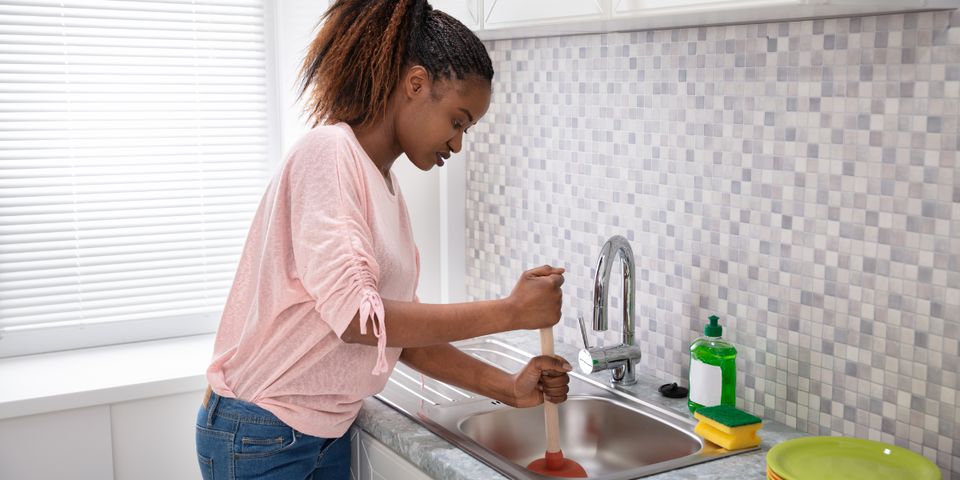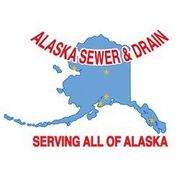5 Substances That May Be Clogging Your Drain

There are a variety of materials that may get stuck in your septic system, causing slow or stopped drains and clogged sewer lines. Knowing the source of a clog will help your plumber choose the best way to fix it and help you avoid more in the future. Here are some of the most common culprits of drain clogs.
What Can Clog Up Your Drains?
1. Food
If you dump food scraps down your kitchen sink, some of it may stay in the plumbing, even if you have a garbage disposal. Specifically, fat and grease dissolve in water and then harden in the plumbing, creating tough clogs. Avoid pouring grease or putting any unnecessary scraps down your drains.
2. Soap Residue
Bar soap contains fat, whether animal or plant-based, that dissolves into suds when exposed to moisture. When you wash your hands, those suds line your pipes and harden as the water passes through. You may need professional drain cleaning using pressurized water to get rid of soap scum, but consider switching to liquid soap to help prevent future issues.
3. Mineral Buildup
Tap water often includes dissolved solids like calcium and magnesium. Some of these materials can solidify around plumbing fixtures, drains, and pipes, constricting the amount of space water has to pass through. Mineral deposits generally require professional drain cleaning, as most store-bought chemical drain cleaners may damage your pipes. Consider installing a water softener to break down minerals in the water and prevent future issues.
4. Hair

Hair can easily fall or get washed into sink and shower drains. One or two strands shouldn’t cause a problem, but even short hairs can build up over time to create a sort of net that catches other materials and blocks water. Hair clogs can usually be pulled out with a drain snake. You can prevent hair from causing future clogged sewer line issues by adding a drain cover that will only allow water through.
5. Toilet Paper & Wipes
Toilet drains are built to safely transport toilet paper, which eventually dissolves in the plumbing system. However, if too much is flushed at once, it can get stuck in a pipe and may need to be knocked loose with a plunger or snake. Tissues, paper towels, and baby wipes should never be flushed because they are designed to absorb and hold water rather than dissolve in it like toilet paper, so these materials can easily get stuck and clog up your system even if they are flushed out of sight.
If you need help with a clogged sewer line or drain, contact Alaska Sewer & Drain LLC. Based in Anchorage, this locally owned and operated plumbing contractor has served families throughout the state since 1995, offering fast response times and after-hours assistance. Visit the website or call (907) 248-9557 to request service.
About the Business
Have a question? Ask the experts!
Send your question

